
A real estate agent (right) addresses a potential buyer's queries on a housing project at an agency in Taiyuan, Shanxi province, in May. (PHOTO/CHINA NEWS SERVICE)
Expanding effective housing demand and improving market expectations will be among the top priorities of policymakers to stabilize the property market, a sector key to reviving the recovery of the world's second-largest economy, experts said.
The real estate sector, which accounts for about 7 percent of the nation's GDP and about 60 percent of urban households' assets, serves as the pillar industry with spillovers to other segments of the economy. Thus promoting the stable and healthy development of the sector will play a key role in stabilizing economic growth, they said.
Considering the policymakers' more supportive stance, they said that targeted property sector easing is in the offing, such as easing purchase restrictions for people wanting to buy a second house and reducing down payment ratios for first-time homebuyers in first-tier and second-tier cities. More efforts will also be made to guard against risks in the property market and explore a new development model for the realty sector.
Earlier, President Xi Jinping emphasized the importance of ensuring the stable development of the property sector.
In an article published in February in Qiushi Journal, the flagship magazine of the Communist Party of China Central Committee, Xi, who is also general secretary of the CPC Central Committee, said the property sector has a significant impact on economic growth, employment, government revenue, public wealth and financial stability. He called for efforts to effectively forestall and defuse systemic risks arising in the property sector.
A meeting of the Political Bureau of the CPC Central Committee on July 24, which set the policy tone for the second half of the year, said it is imperative to adjust and improve property policies in a timely manner and make use of the targeted policies in different cities, considering the fundamental change in the supply-demand situation in the real estate sector.
Xiong Yuan, chief economist at Guosheng Securities, said policymakers will prioritize better meeting residents' demand for basic housing and their need for improved housing with more targeted efforts, as the overheating risk has subsided and the property sector is facing deteriorating demand.
Data from the National Bureau of Statistics showed that investment in property development fell nearly 8 percent year-on-year in the first half of this year. Investment in the residential segment was down more than 7 percent year-on-year in the same period.
Amid worsening growth prospects in the property sector, Zheng Houcheng, chief macroeconomist at Yingda Securities, said it is necessary to roll out new rounds of policy adjustments and optimizations, which will significantly boost market confidence and promote a gradual improvement in property investment. Zheng said he also expects to see a further reduction in the over-five-year loan prime rate, on which lenders base their mortgage rates.
China has repeatedly pledged efforts to stabilize the housing market. The People's Bank of China, the country's central bank, has vowed to further tamp down interest rates and down payment ratios of new mortgages while guiding banks to adjust the interest rates of existing mortgages.
Ni Hong, minister of housing and urban-rural development, recently called for fully implementing favorable measures, including lowering down payment ratios and mortgage rates for first-time homebuyers, and qualifying buyers owning no home as first-time homebuyers.
Xiong from Guosheng Securities said some existing restrictive measures in first-tier and second-tier cities will be eased in the near term.
Bai Wenxi, chief economist at IPG China, said that China should drive the transformation of the property sector from the old model of "three highs" — high leverage, high debt and high turnover — to a new development model, which requires strengthening land supply management, promoting integrated urban-rural development, advancing the housing system reforms, and increasing efforts to construct and develop the rental market.
Looking into the future, Bai said that China will likely move ahead with the pilot property tax scheme with the gradual recovery in the housing market.
Entrepreneurs said the era for large-scale construction and demolition was over, adding that the focus has shifted to meeting the functional requirements of cities and there are many areas where property companies can seek new opportunities.
Wang Shi, founder of China Vanke Co, told a meeting held in late July that entrepreneurs must shift their perspective and consider future trends, such as integrating sports facilities, kindergartens and other amenities into office buildings.
















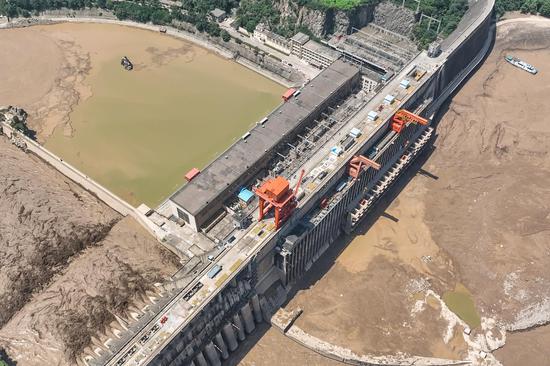

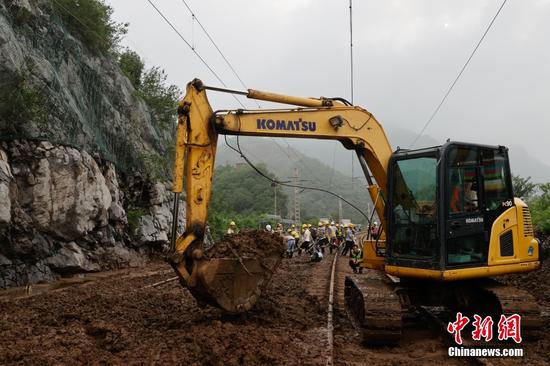




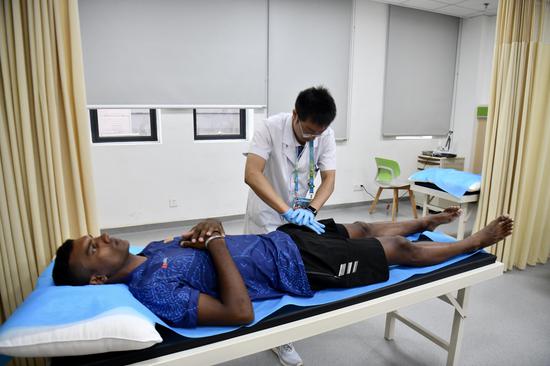

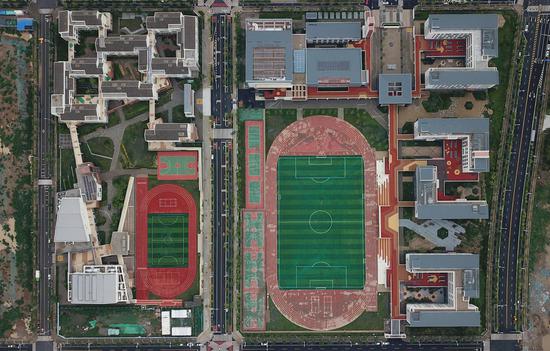
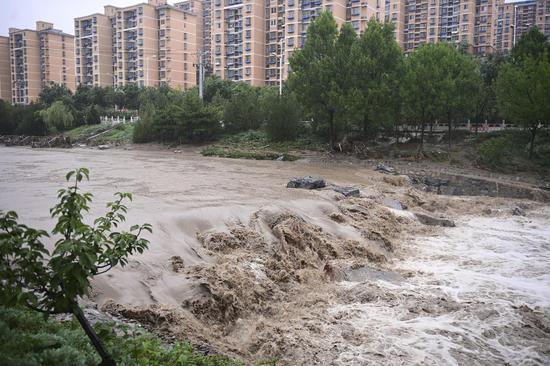











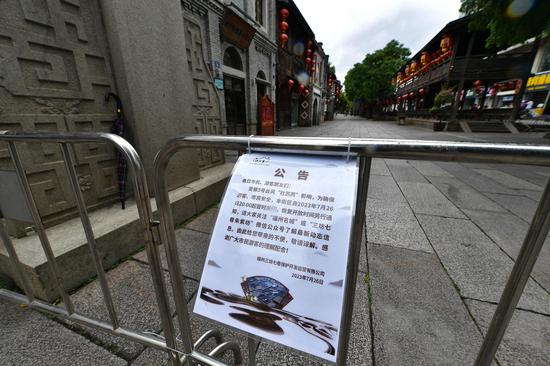



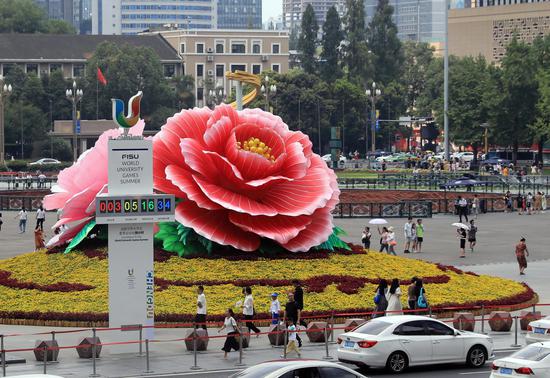







 京公网安备 11010202009201号
京公网安备 11010202009201号